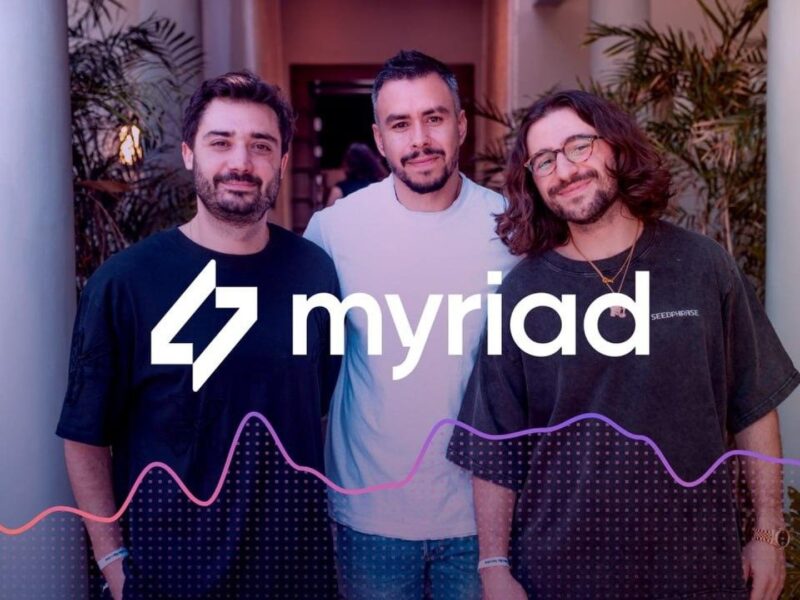KPMG developed a specialized TaxBot capable of generating a 25-page client tax advice draft within one day, utilizing a 100-page prompt crafted over months and integrating disparate partner-written expertise.
KPMG digital leaders identified potential benefits and risks associated with large language models in late 2022. Chief Digital Officer John Munnelly reported that initial ChatGPT experiments produced “really scary” results, including the discovery of sensitive financial data unsecured on internal servers.
This incident led KPMG to suspend public AI tool experiments, restrict access to such tools, and reassess deployment risks. The firm then proceeded to build a private AI platform, obtaining software licenses for OpenAI and Microsoft systems.
This initiative resulted in KPMG Workbench, a controlled environment for AI application design. The system incorporates retrieval-augmented generation (RAG), multiple large language model (LLM) options, and agent hosting capabilities.
KPMG diversified its LLM usage, incorporating models from OpenAI, Google, Microsoft, Anthropic, and Meta, rather than relying on a single vendor. Throughout 2023, the firm focused on training employees in effective prompt writing and AI writer interaction.
By 2024, KPMG’s Australian arm began developing specialized agents, including the TaxBot for preparing tax advice. Munnelly stated that development involved consolidating partner-written advice, which had been “stored all over the place,” often on individual laptops.
This information, combined with Australia’s tax code, was integrated into a RAG model to automate draft generation. The TaxBot’s construction involved a 100-page prompt, drafted over months by a dedicated team, then fed into Workbench.
The system now prompts for several inputs, seeks human expert guidance, and generates a 25-page document for client review. Munnelly indicated the agent completes tasks previously requiring two weeks in a single day, describing this as “very efficient.”
He noted this rapid turnaround benefits clients engaged in time-sensitive transactions like mergers. However, Munnelly stressed that only licensed tax agents are authorized to operate the tool, as output without professional oversight is unsuitable for general use.
KPMG asserts that agent implementation has increased staff satisfaction by reducing repetitive tasks. Additionally, some clients have expressed interest in acquiring similar agents, creating new revenue streams for KPMG. The firm acknowledges that quantifying precise benefits remains challenging.

